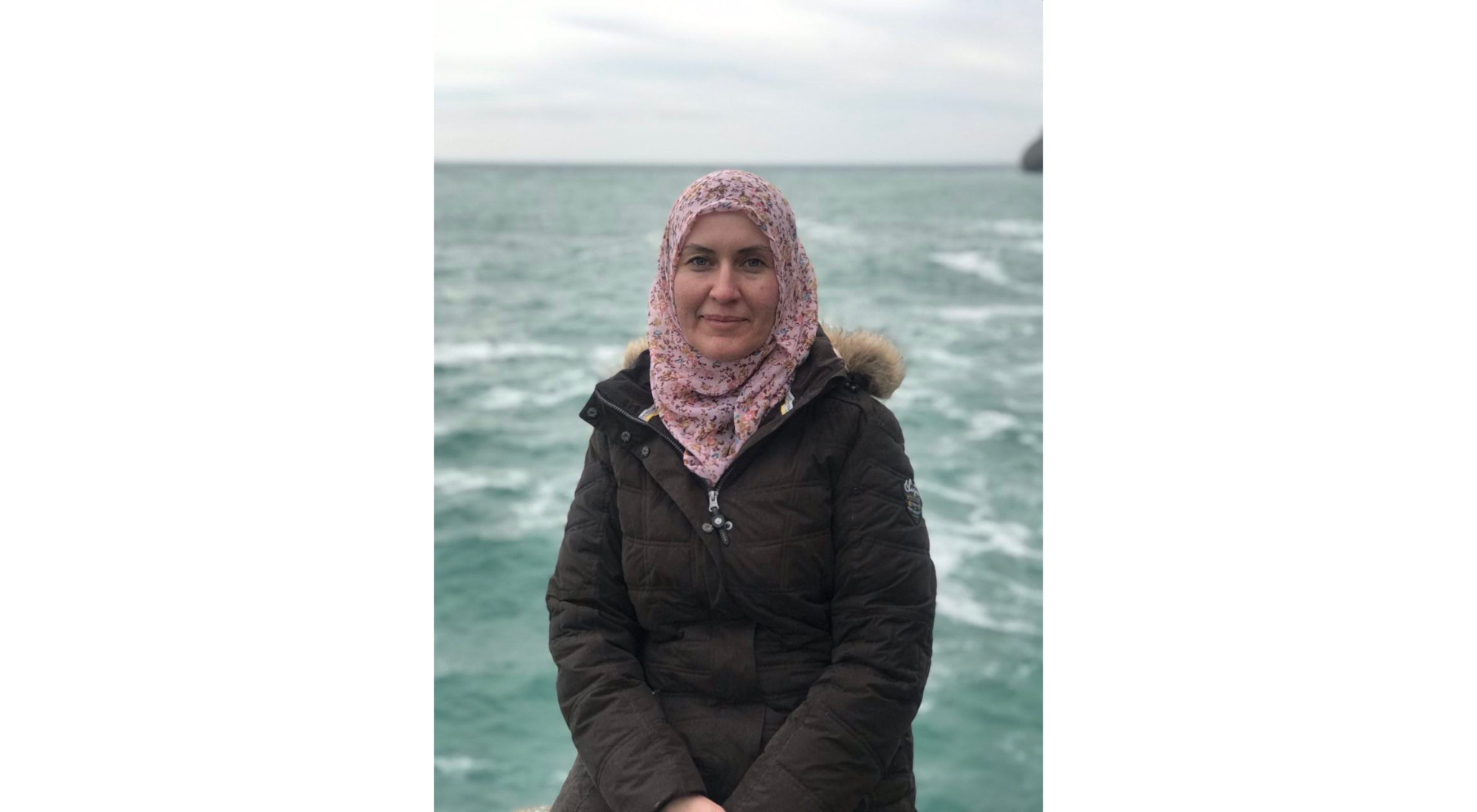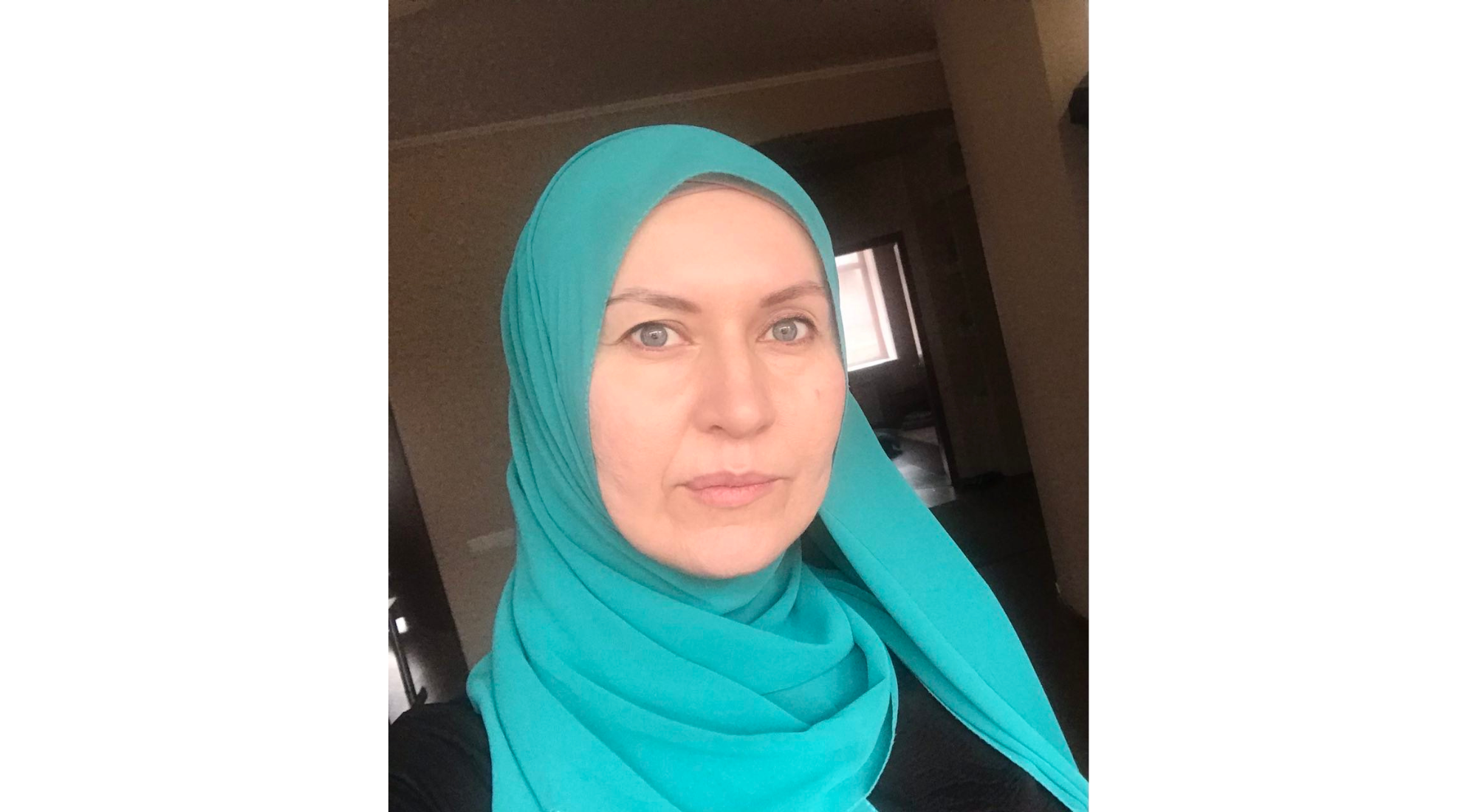Lilia Hemedzhy, a lawyer representing Crimean Tatars, has been disbarred, from the Bar Association of the Chechen Republic, in retaliation for her work in Russian-occupied Crimea. Previously, her request to be transferred to the Bar Association of Crimea had been arbitrarily declined.
This decision leaves her clients, most of them Muslims, without effective legal representation in the face of persecution by the local authorities. It deprives them of their human rights, including the right to a fair trial and the right to practice their religion freely.
It also has a significant chilling effect on work of the legal professionals in Crimea as well as in the Russian Federation.
Download a PDF of the 2nd UA 75/22 below:
Here’s how you can help
Write to the President of the Bar Association of the Chechen Republic urging him to:
- Provide Lilia Hemedzhy with all necessary support and legal assistance to stop the harmful and intimidating practices aimed at preventing her from carrying on her work as a lawyer on behalf of her Muslim clients in Crimea.
- Support Lilia Hemedzhy’s appeal process all the way to the court of final instance, and directly appeal the decision of the Zheleznodorozhnyi District Court of Simferopol, Crimea, on behalf of the Bar Association.
Write to:
President of the Bar Association of the Chechen Republic
Shamkhan Katayev
21 Abdally 2 Ben Al-Husein Street
Grozny, Russian Federation
364016
Email: advokatura95@bk.ru
Salutation: Dear President of the Bar Association of the Chechen Republic,
And copy:
His Excellency Oleg STEPANOV
Ambassador
Embassy of the Russian Federation285 Charlotte Street
Ottawa, ON K1N 8L5
Tel: (613) 235-4341/236-1413 (24H) Fax: (613) 236-6342
Email: info@rusembassy.ca
Background
Protection of lawyers against intimidation, harassment, or interference, including through the use of disbarment procedures, is essential to ensuring the proper administration of justice and the right to a fair hearing. The Basic Principles on the Role of Lawyers (adopted by the Eighth United Nations Congress on the Prevention of Crime and the Treatment of Offenders, Havana, Cuba, 27 August to 7 September 1990) point out that the
adequate protection of the human rights and fundamental freedoms to which all persons are entitled, be they economic, social and cultural, or civil and political, requires that all persons have effective access to legal services provided by an independent legal profession.
The Basic Principles on the Role of Lawyers
[governments must] ensure that lawyers (a) are able to perform all of their professional functions without intimidation, hindrance, harassment or improper interference… (b) are able to travel and to consult with their clients freely and (c) shall not suffer, or be threatened with, prosecution or administrative, economic or other sanctions.
Legal professionals under attack
Lilia Hemedzhy has been one of the few lawyers who have been helping Crimean Tatar activists to fight persecution and seek justice, in a setting where legal professionals providing services to Crimean Tatars face harassment and persecution.
She has organized a school for public defenders where she shares her experience and knowledge with others, in response to the constant pressure and attempts to stop her from working as a human rights lawyer representing Crimean Tatars and the Muslim community in Crimea.

Lilia Hemedzy is also one of the founding members of the Crimean Solidarity grassroots movement, created on April 9, 2016 in response to the Russian authorities’ political and religious persecution of Crimean Tatars in Crimea. The movement brings together activists, lawyers and the relatives of those who have been arrested and prosecuted, to ensure they can access legal aid, financial, medical and other vital support.
The movement also seeks to raise awareness about ongoing human rights violations in Crimea. Several prominent members of the Crimean Solidarity have been imprisoned on trumped-up charges.
Who are the Tatars of Crimea?
Crimean Tatars are the indigenous people of Crimea who made up an estimated 12 percent of the peninsula’s population before its occupation and illegal annexation by the Russian Federation in 2014. Many prominent members of the Crimean Tatar community have been among the most vocal critics of Russian discriminatory policies on freedom of religion and belief; the entire community has been regarded as disloyal and targeted with reprisals.
People speaking up about human rights violations committed in Crimea since 2014 have faced persecution, including enforced disappearances, harassment, intimidation, arbitrary arrest, torture and other ill-treatment, and prosecution and long-term imprisonment following unfair trials under politically motivated charges.




























